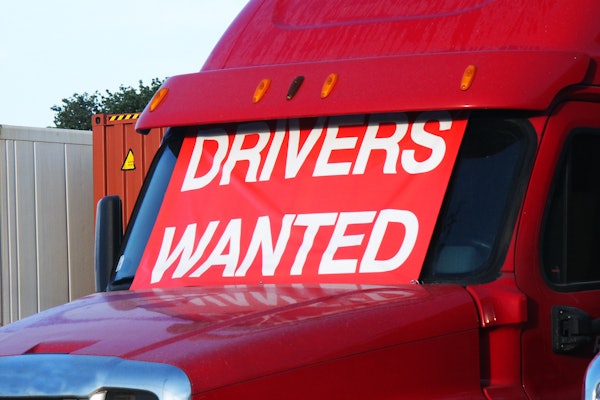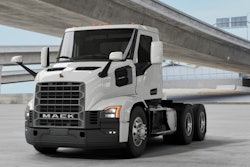When fuel prices are low, it’s easy for carriers to treat fuel cards as just mechanisms for purchasing fuel. Today’s skyrocketing fuel prices, however, should motivate carriers to take advantage of all the information provided by fuel card systems. Consider how three savvy fleets are maximizing their use of this valuable data.
Easier tax reports
Drivers who operate the 23 company-owned trucks of E&D Express, headquartered in East Moline, Ill., have been using Viastar fuel cards to make over-the-road diesel purchases for about four years.
In addition to using the transaction data from Viastar to reconcile fuel purchases by its drivers at truck stops, the carrier uses the transaction information in Prophesy Transportation Solutions mileage and fuel tax programs to prepare fuel tax reports. Office manager Alana Lundeen says E&D dispatchers also use the transaction data to take into account fuel taxes in planning future fuel stops.
Automating data entry
Although W.N. Morehouse Truck Line, headquartered in Omaha, Neb., has been using the T-Chek fuel card system for only a little more than a year, it uses the data collected by the system in numerous ways.
The refrigerated carrier, which uses 55 company-owned tractors and 25 owner-operator power units, receives fuel and other transaction data from T-Chek via the Internet. Data on each purchase or cash advance is immediately transmitted to the carrier’s AS/400 computer and is automatically entered into the fuel-tax reporting program of the company’s Innovative Computing Corp. enterprise software.
Because W.N. Morehouse isn’t liable for taxes on fuel used to operate its reefers, the company sends applicable transaction data to the Inter-Tax Internet site for processing. This strategy ensures the carrier will get a tax rebate for fuel used by the reefers.
According to Curt Morehouse, office manager, dispatchers also use the Innovative system to put $50 directly on drivers’ fuel cards, so they can pay for services such as lumping or buy parts on the road. And when a card is used for a cash advance, data on that transaction is relayed to the carrier’s payroll department so that it is included in the next settlement check.
W.N. Morehouse also downloads information on its transaction and advances from T-Chek’s website and imports that data into the system’s T-Trans program for use in a variety of reports.
‘Poor man’s’ GPS
Debbie Myers, vice president of SBF Trucking, Juda, Wis., says Comdata’s website provides “a poor man’s” automatic vehicle location system to track drivers on the road who forget to make check calls. To ensure that SBF drivers are on schedule or aren’t going out of route, Myers uses transaction data on diesel purchases made with a Comchek fuel card, which is immediately accessible to her on Comdata’s website.
Myers also uses a Comdata report, which lists all the purchases her drivers made on the road during the previous month, to validate information used for fuel tax reporting purposes. And the report is used to ensure that SBF drivers fuel up at certain chains’ truck stops because their volume discount programs make the carrier eligible for rebates.
If you are using fuel cards just to buy fuel, you aren’t getting the most for your money. A fuel card system can be one a valuable information management tool.









